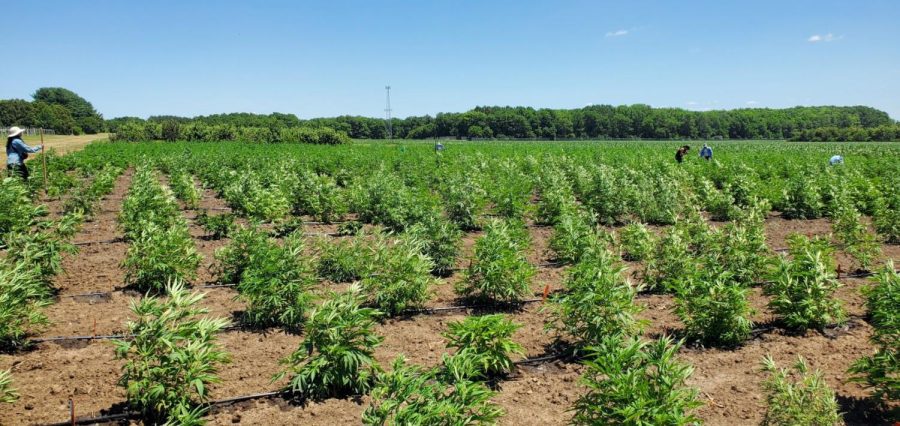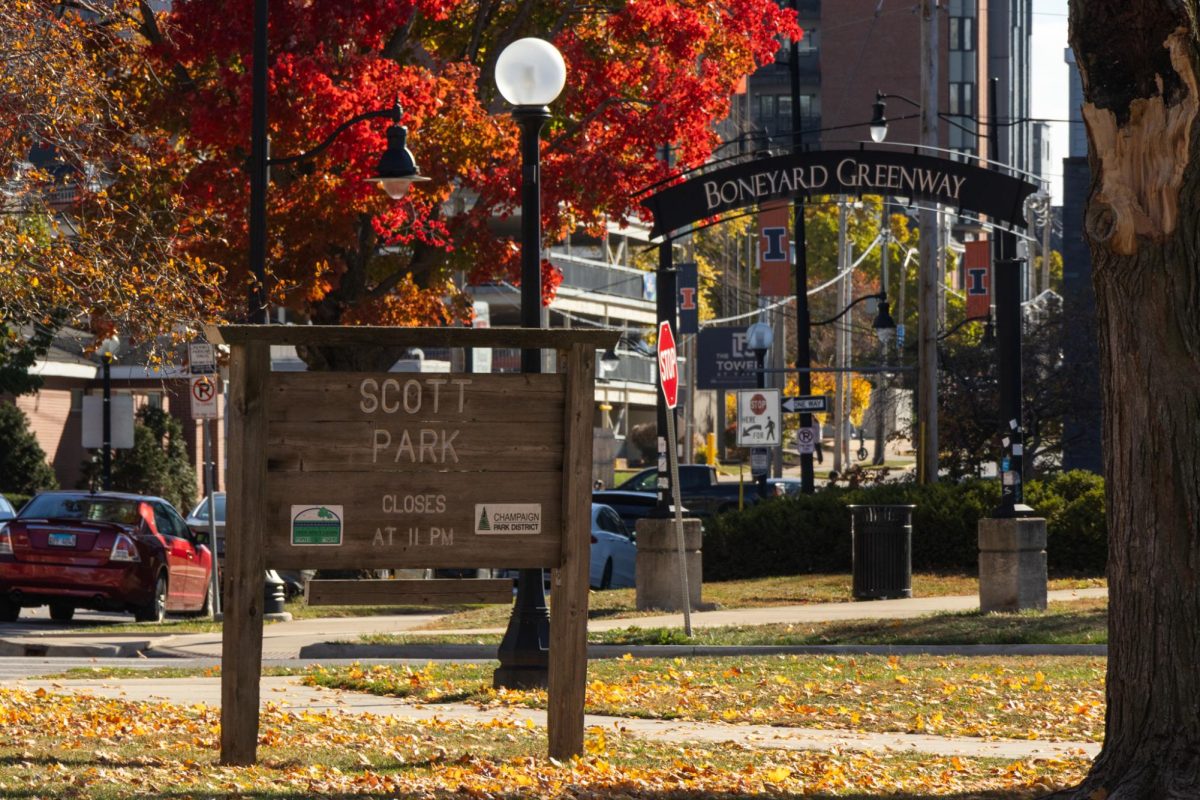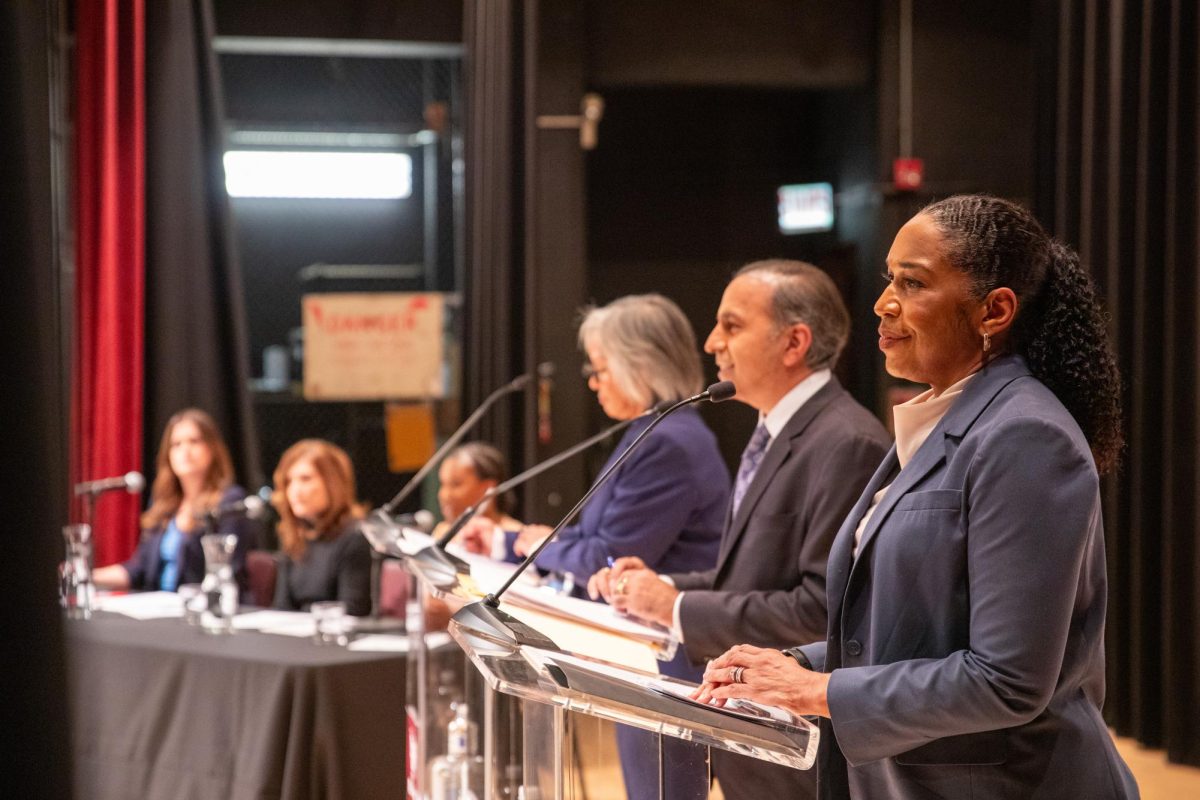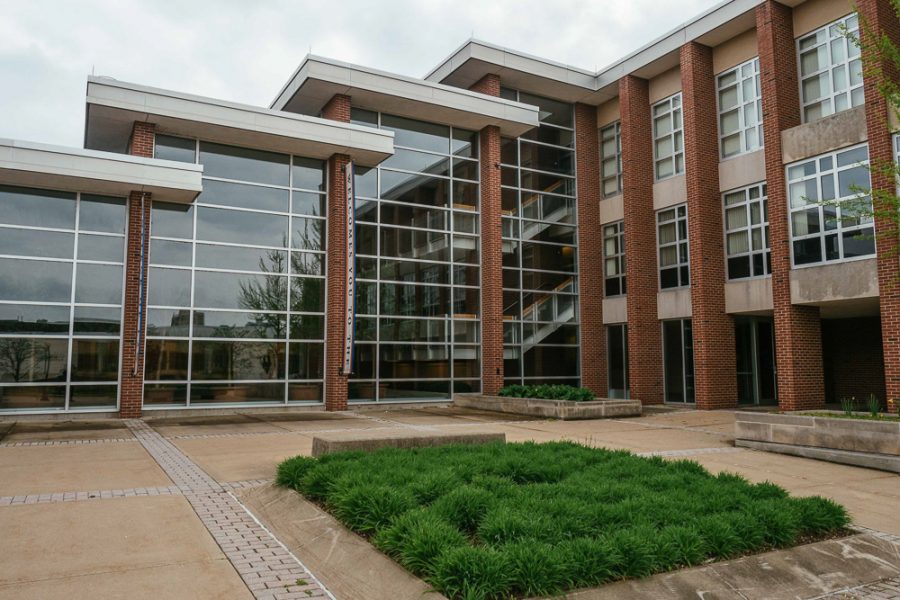Last updated on Nov. 25, 2024 at 03:38 p.m.
Illinois Gov. JB Pritzker, in a partnership with the University President Tim Killeen and Discovery Partners Institute, launched the Cannabis Research Institute on Nov. 15. The CRI, which is housed within the University’s DPI, is a joint effort aimed at providing research and data to advance public knowledge on the medical and socioeconomic impacts of cannabis use.
The Illinois Department of Human Services granted the CRI $7 million in July, according to a press release. The CRI will receive the funding over the next three years.
Reginald Gaudino, director of the CRI, said Illinois provided a unique environment for cannabis research due to the state government’s use of research to help guide state legislation surrounding cannabis.
“There is a big difference in Illinois, and I think that has to do with Gov. Pritzker’s approach,” Gaudino said.
Get The Daily Illini in your inbox!
Gaudino, who used to work for Steep Hill, ran a cannabis research laboratory in California where he witnessed the development of state regulations surrounding cannabis. He said many of the programs surrounding cannabis usage and production were held up by lawsuits due to a lack of social equity.
The CRI primarily seeks to impact social equity through its research but also by studying new therapeutic uses for cannabis. As part of a partnership with the University of Illinois at Chicago and a National Institute of Health grant, the CRI is researching whether cannabinoids can be used to help mitigate pain, especially in sickle cell disease and endometriosis patients.
According to Gaudino, endometriosis and sickle cell disease share similar pain markers — biological and physiological indicators of pain — and tend to affect minorities and underrepresented populations.
The CRI is also working with Northern Illinois University to find applications of cannabis in cancer treatments. According to Gaudino, in a certain study, eight kids who had cancerous tumors and had them treated with a certain hemp extract all had tumor regression or elimination after the treatment.
“So clearly, there’s something in this particular hemp lineage that needs to be identified because it is either a compound or a combination of compounds that is responsible for this tumor regression and elimination,” Gaudino said.
The CRI is also working with UIC to research the social equity impact of cannabis usage and production.
The CRI plans to engage with the community through “listening sessions,” which it hopes will provide much-needed community feedback during this process of cannabis research. Gaudino also emphasized its priority to ensure listening sessions are equally distributed around the state instead of in populous areas. In short, the CRI will gather input from areas outside of Cook County to ensure a fair survey of community sentiment.
“We’re trying to plan this out in a way that allows us to have some listening sessions around the state and ask some questions, then use that information to inform a request for proposals that would then allow us to identify the main research topics of interest,” Gaudino said.










